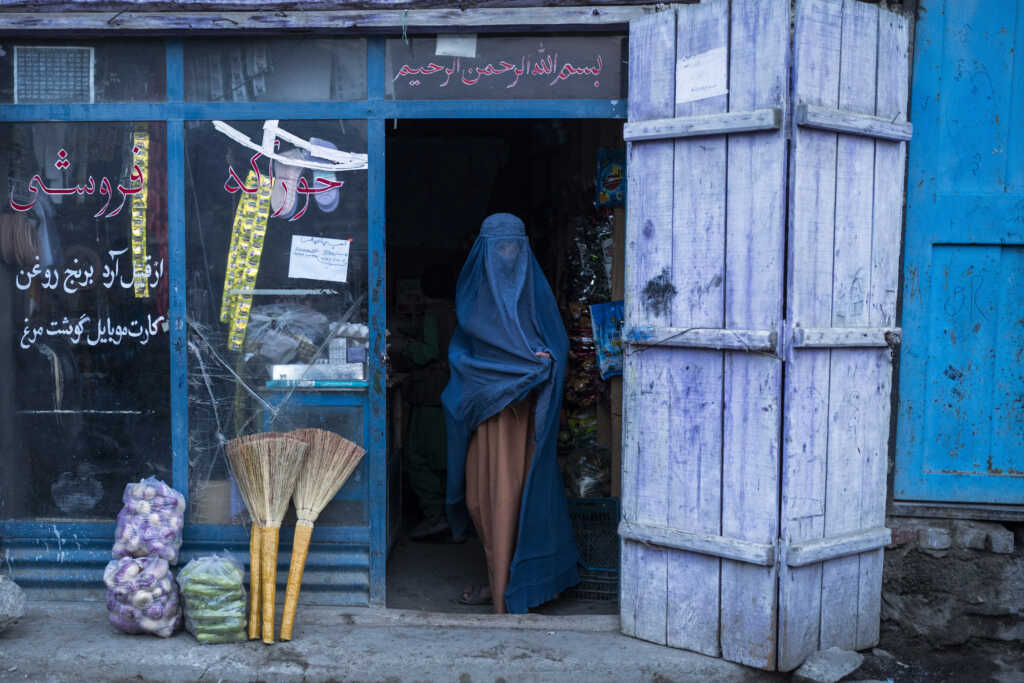It has been three months since the Taliban reascended to power in Afghanistan, and, despite promises of peace and equal rights for women, the situation remains grim.
As predicted by experts, women continue to struggle amid shifting cultural tides. The latest policy illustrating this dynamic is the Taliban’s newfound ban on women traveling long distances alone.
Any female attempting to travel more than 45 miles should now be accompanied by a “close male family member,” according to the BBC.
The ruling came Sunday from the Taliban’s Ministry of Promotion of Virtue and Prevention of Vice, with ministry spokesperson Sadiq Akif Mahajer telling Voice of America the regulations comport with Sharia (Islamic) law.
Other restrictions include an apparent ban on music in vehicles as well as taxi owners being implored to refuse rides to women not in Islamic headscarves or coverings, as the BBC noted.
Male drivers must reportedly also grow beards and take prayer breaks.
This move follows a recent call from the same governing body for TV channels to halt soap operas and dramas that feature female actors. And that’s not all: women journalists have also been asked to wear headscarves.
Women continue to face major roadblocks inside Afghanistan, as the Taliban have created and fostered unpalatable and even dangerous conditions mirroring what was seen during their last reign, which ended in 2001.
Girls and women have been mostly prevented from working or going to school since the Taliban’s return to power in August. Regulations such as those announced Sunday are certain to shatter the Taliban’s attempts to paint itself in the international community as moderate or more progressive than its previous iterations.
The latest moves also seem, in some ways, to be strangely timed. Just weeks ago, Taliban spokesman Muhammad Naeem Wardak said the group was exploring ways to elevate women’s rights, claiming the Taliban believes women must have the right to both education and the workforce.
“Our endeavors are underway now to solve this problem,” he said on Dec. 11, yet two weeks later the new taxi rules are apparently afoot.
Taliban Chief Hibatullah Akhunzada did ban forced marriages earlier this month, proclaiming that men and women “should be equal.” He also addressed the property rights of widows.
Still, no separate orders have addressed the education and employment disparities and bans, and some human rights groups seem to believe these actions — and the lack thereof — expose a lack of willingness to enact meaningful reforms.
All of this comes as the Associated Press reports that Afghanistan, which has lost the support of international funding, is slipping “deeper into desperate times.” Food lines, cold, and a lack of resources abound, as millions live in temporary camps and nearly 97% could soon be living below the poverty line.
Continue to pray for the Afghan people as poverty and chaos rage inside the nation’s borders.
***As the number of voices facing big-tech censorship continues to grow, please sign up for Faithwire’s daily newsletter and download the CBN News app, developed by our parent company, to stay up-to-date with the latest news from a distinctly Christian perspective.***



